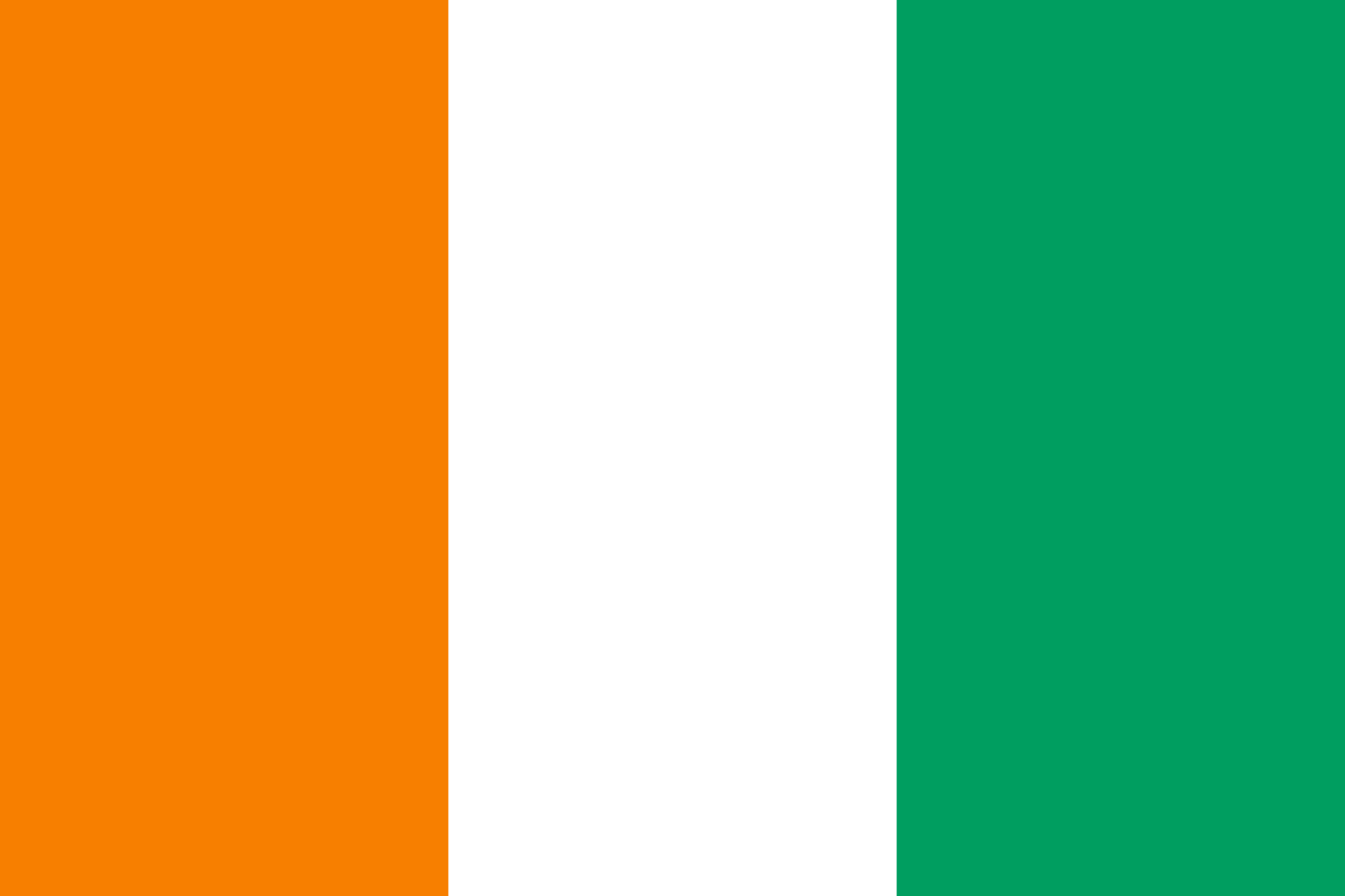The booming nation with the youth eager to learn, prosper and develop, Côte d’Ivoire was in medieval times the center of several major African trade routes. Culturally, the nation has a diverse exposure to distinct religions and traditions as it homes Christians, Muslims and groups with traditional beliefs. With extreme ethnic and linguistic variety, the nation shares its borders with Guniea, Liberia, Mali, Ghana and Burkina Faso along with 600km of coast on the Gulf of Guinea (Atlantic Ocean).
The nation is marking its presence with timber industry and light industrial sector that is spreading wings in the field of processing primary products and produces textiles, chemicals and sugar for export markets. Furthermore, the offshore oil and gas deposits are on the path of growth and development and meeting the needs of industrial sector and the energy sector. The nation already persists on oil refining operations together with cigarette manufacturing generating industrial economy for the nation.
Also, the government is stepping ahead and developing the service sector and gradually centering on tourism, financial services and telecommunications. Côte d’Ivoire with the GDP of US$ 15.9 billion has cocoa, rubber, timber, coffee, palm oil, bananas and pineapples as the source of major exports and consumer goods, capital goods and food as the imports items. The nation stands proud being the world’s largest cocoa producer and the third largest coffee producer worldwide. And, when talking about the beauty of nature, the western and southern parts of Côte d’Ivoire are covered with greenery and forests along with savannahs plains in north and in west, mountain border protects the nation. One can find the birdlife in abundance especially near the coast.
The nation is a proud member of all major regional economic organisations such as ECOWAS (Economic Community of West African States) and numerous bodies allied with the CFA Franc zone. Worth mentioning here is that the government and economy of the nation is based solely on the idea of liberalism, promoting private initiative. Foreign investment takes a greater place in the economy of the nation with around 40% to 50% share of total capital in Ivorian firms.
Real Estate Sector
With the Ivorian economy coming back on track with a bang, the stability is almost guaranteed and this makes the real sector flourish with great potential. The nation’s needs are huge and viable in terms of property although, the gap between supply and demand is not stable with each passing year. According to sources, the Ministry of Construction and Urbanism has launched an operation to enhance the status of supply of a wide variety of land and urbanisation is taking place massively.
Rubber Industry
Rubber is one of the main sources of export earnings for the Ivorian government, thus, it focusses to triple the production by 2015. In 2008, the natural rubber plantation topped by 200,000 tonnes from 188,500 in 2007. This year also, farmers there are confident that price support efforts will ensure in keeping the output rising.
All in all, doing business in Côte d’Ivoire is becoming predominant in the business world. The nation is stated as one of the most thriving economies in West Africa.




